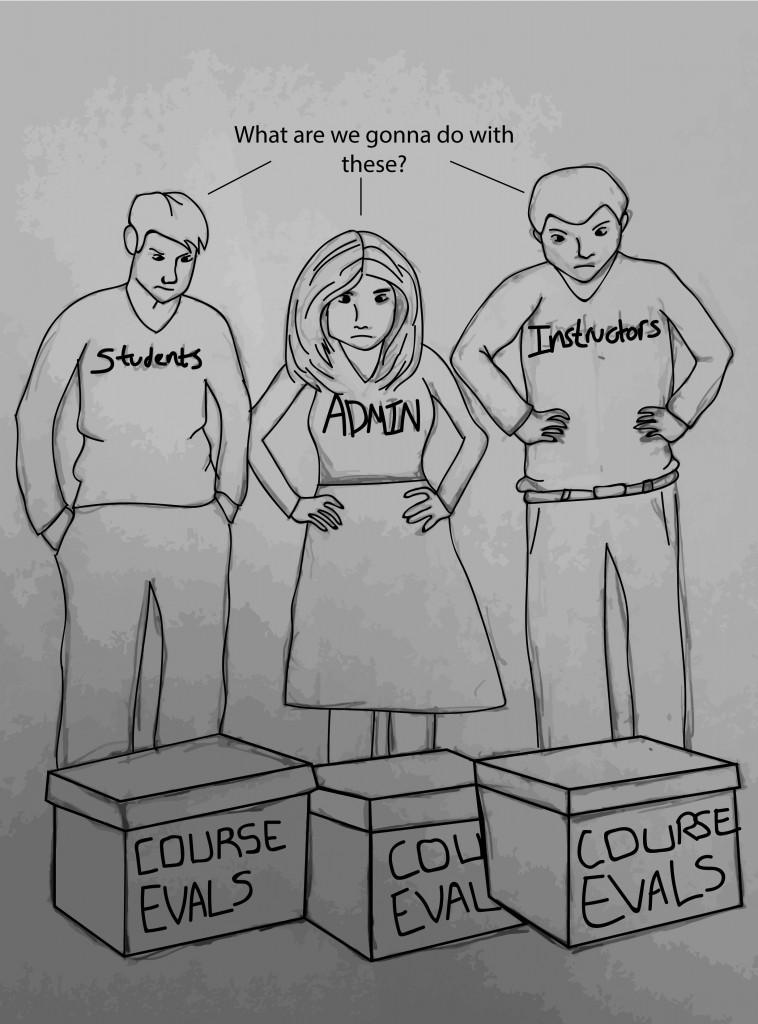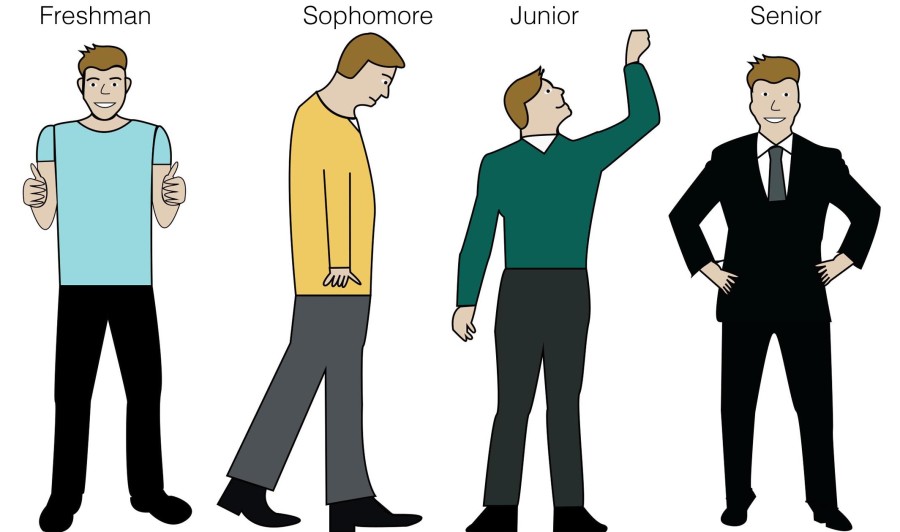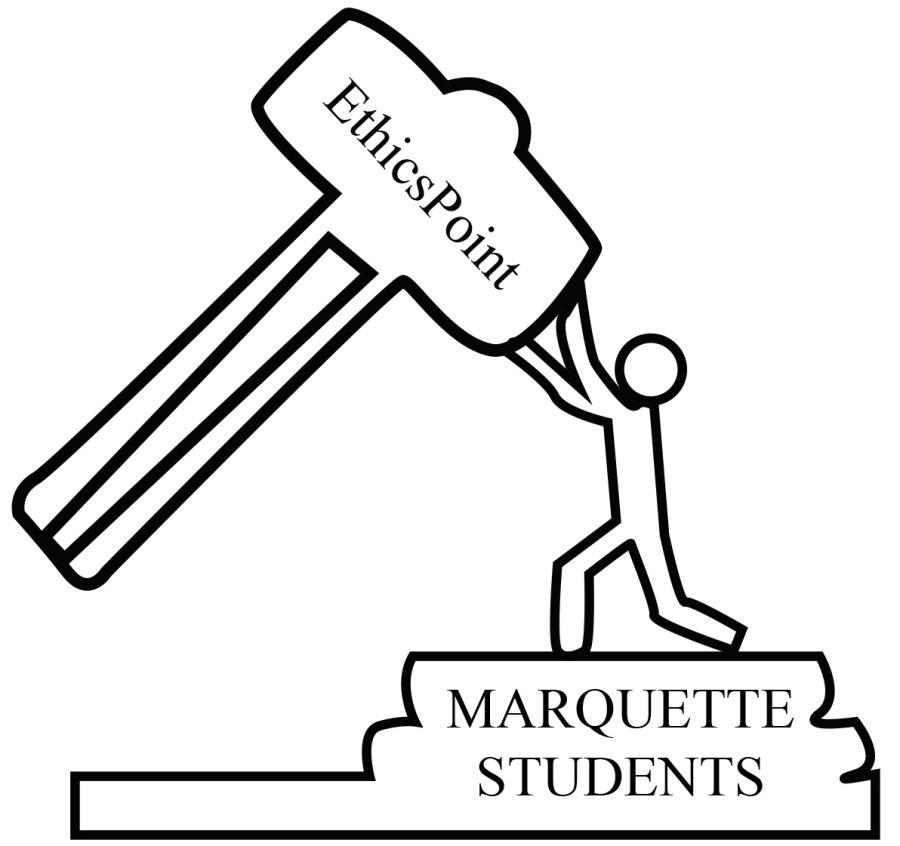
From table tents in the Alumni Memorial Union to emails to professors announcing it in class, there are constant reminders for students to fill out their semester course evaluations.
Hoping to reach total participation, some professors dedicate time from their class for students to complete their evaluations, and the university once again offers an iPad as a prize incentive for one lucky student. Each semester, of course, these reminders fall on many a deaf ear, and a large amount of surveys go unsubmitted.
While students may consider it a nuisance to take the time to fill out their course evaluations, the recent philosophy incident controversy demonstrates the repercussions of what can happen when critiques on a professor are expressed to an unauthorized third party, rather than through the correct, university-sanctioned channels.
What perhaps disincentivizes students from completing their course evaluations honestly, if at all, is a lack of clarity regarding how the university deals with submitted evaluations. The main survey page stresses the importance of the evaluations, noting “course evaluations are used to review classes and instructors with the primary goal of improving the quality of both.”
However, it is not necessarily clear where the evaluations go once they are submitted.
Some students believe their evaluations have little tangible effect, and bear little importance to complete if only the professor will see them. For all they know, professors do not take evaluations seriously or think they will be held accountable for incorporating it into future classes.
If students were aware of who sees their evaluations—whether it is only the particular instructor, or if department chairs or Marquette administration are also involved—it could compel more students to complete their evaluations. They would be able to see the importance of their feedback and how their opinion matters.
Increased student participation, however, means little if students are not voicing honest and constructive critiques and feedback. Too often, students will only complete their evaluations if they have strong negative feelings regarding a class or an instructor and will use the evaluation system as a vehicle to vent their frustrations, which can be especially amplified in the weeks leading up to final exams.
Alternatively, students who have a positive experience may also complete their evaluations, but may award an overwhelming positive score with little to no constructive feedback. Such subjective evaluations, positive or negative, can lead to incorrect data and hinder an instructor’s ability to shape their future performance.
On the university side, it is important to offer greater transparency so students are aware of the entire evaluation process and the possible effect of their evaluations. Understanding the process and feeling confident it can make a true impact could compel students to turn to university administration when a serious concern arises, rather than taking it to an unsanctioned conduit that can potentially cause more harm than good.
On the student side, it is vital we take our course evaluations seriously and use them to properly critique our professors rather than to anonymously lambast them. When we receive evaluations on our work from our professors, we want prompt, objective and fair assessments that we can then synthesize into our future work. It only makes sense that we should return the favor and offer our instructors the same level of objectivity.
It is a reciprocal process: for students to seriously complete course evaluations, the administration and instructors should do the same. There needs to be a level of accountability we can all rely on to know our perspectives are being heard and matter in the classroom.









